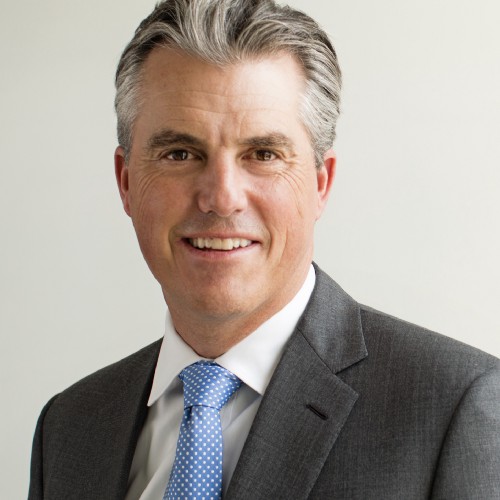Dear Emmeline,
OK, I’ll be honest. When your grandparents dropped me off at Berkeley for my first year, I’m pretty sure they left the car running in the parking lot, thinking I’d last about five minutes. We’d set up my room, made my bed, met my roommate, Ben, and then they exited the dorm and left me to my own devices. I can only imagine the hidden grimaces on their faces as they waited to see what would happen next.
Transitioning a child to college is an out-of-body experience. You leave a part of yourself behind. And as this ritual has evolved from the horse and buggy to the bus to the smoke-filled station wagon to the air-bag SUV, it’s become more difficult. Your grandmother bid goodbye to her parents in Mt. Shasta, California, and boarded a Greyhound on her own to trek to Berkeley as a 17-year-old girl. There was one thirty-second phone call when she arrived and settled in. She didn’t even have housing, because at the time there were only a few dorms. But that was easier for parents, because they didn’t have to follow the drama step by step. They resumed their normal routines and waited for a letter, weeks later.
So congratulations on your first week of classes at UNC. Yes, Mom and I are still a wreck. And yes, we know your every move as we glimpse at social media and get your texts and compare notes with every other parent who has dropped their kid at many different places and are reading similar data points. Oh, and sorry your makeshift blinds fell down. The duct tape should hold for now. We’re gearing up for parents weekend in three weeks, and I’ll make sure to bring a tool to fix them (if I can get it through TSA).
So as we squirm here at home and wonder ceaselessly about what you are going to become in life—because that’s really the origin of this stress that our current generation of snowplow parents feel—let me give you a great piece of advice: forget about us.
We’re done. Cooked. We’re horses in the pasture, and you just entered the Kentucky Derby. That’s not to say that life is a race that goes in circles—although sometimes it will feel that way—but that except for very rare moments, honestly, Mom and I have given you all of the advice we have. You’re ready.
Make your own decisions. Explore your own self. For all of the controversy surrounding higher education, with its exorbitant price and its questionable entrance practices—and alarm bells tell us these things need fixing—it still remains the best place to be absolutely free as a young adult. That freedom is something you’ll use to shepherd you into whatever endeavors shape your life. For the next four years, there are very few limits to what you can explore, and as long as you keep your aperture wide, you will suck the marrow out of the opportunity in front of you.
If you begged me for some advice, and I relented under the condition that it could be totally wrong and you are accountable for your own decisions, not me, here’s what I’d say: resist the temptation of a one-sided education. Study the things that you might never have the opportunity to study again. When you get into the real world, above deck, there’s a premium placed on practicality and reason, but it’s the creative side below deck that actually drives the world. So stay creative, in whatever you study.
It’s not the science or technology that creates change. Rather, it’s the creative self that applies the science and invents the technology. It’s the artist. And most of the time the world is telling that artist “it can’t be done!” You know that device that your generation spends way too much time fiddling with? Well, you know what the world was saying to the guy that invented it? “It won’t work without a keyboard!” Enter the iPhone and Apple, one of the most successful tech companies ever. No keyboard necessary.
With your social circles, spread wide. Meet and interact with many different people. Diversity in thought and heritage feeds that creative spirit that helps define the future. Go deep with your relationships. Spend time listening and being empathetic to those that reach out and find ways to offer yourself to those that you think are in need. You taught me these things. I’m just regurgitating them back.
And lastly, for yourself: focus on your physical being. It’s all you have. Your body fuels your mind. Energy is important and it creates your ingenuity. We control our own health more than society wants to admit. Learn about what you are putting into your body and how your brain operates. That incredible organ creates the emotions that can channel your life into amazing places.
Oh, and your mom and I are still outside in the parking lot. Come down when you’re ready.
Love,
Dad
Watch Eric’s TED Talk, “Why Tech Needs the Humanities,” here.
Follow us here and subscribe here for all the latest news on how you can keep Thriving.
Stay up to date or catch-up on all our podcasts with Arianna Huffington here.


